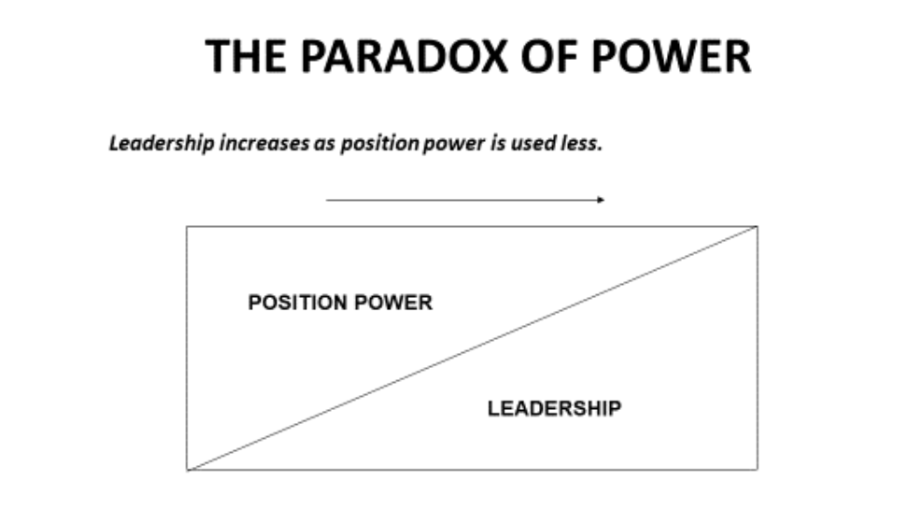MODERN LEADERSHIP ACADEMY FOR REPRESENTATIVES OF SCHOOL, EDUCATIONAL, AND LOCAL AUTHORITIES

The course is addressed to principals and deputy principals of schools, kindergarten directors, staff of regional directorates of education, senior staff of regional and local authorities, and NGO leaders who want to get fresh ideas and approaches about how they could be successful leaders not only within their own institution, but also beyond its boundaries.
METHODOLOGY
The methodology of the leadership academy has been developed by John Johnson, a British expert, who has done a reform of the local authorities in the UK under the government of Tony Blair. The learning modules have been further adapted by “Values, Virtues, Integrity” Foundation in a way to be useful for representatives of management positions in educational institutions and authorities and leaders in the non-governmental sector.
The program views modern leadership as a counterpoint to traditional leadership and defines it as the way people meet challenges and make necessary changes, and also as a choice that everyone has the power to make. The training is based on four perspectives on leadership: through the person, through the position held, through the results achieved, and through establishing and following the right process.
The second key component is a Leadership Benchmark through which (by answering to a set of questions about the states of affairs in the respective institution) the participants will be able to compare their achievements with the criteria for the "ideal" model. The findings may serve to develop an Improvement Plan through which to raise the standards of performance of a municipality or an educational institution/structure.
The third key component of the training is a Leadership Matrix, which includes main elements: 1) personal leadership qualities, attitudes and practices; 2) ways and means to strengthen the institution/organization; 3) standards for the performance of tasks (by assigned competences); and 4) results sought both within the organization and in the community it serves. The program is taught by a certified coach under the Council of Europe Leadership Academy Program.
The aim of the course is to help management staff grasp the nature of modern leadership and apply it in their institutions.
The methodology is aligned with the main idea of the training that everyone has leadership potential and that the role of the leader is to bring out the leadership in other people. Therefore, the training is strongly interactive, based on the approach of experiential learning. The main methods used in the course are: short introductory presentations, individual and group tests, role plays, case work, work in small groups, sharing of personal experiences, large group discussions, feedback from the participants at any moment of the training.
LEARNING OUTCOMES
At the end of the program, participants will be able to:
- Distinguish between modern (democratic) and traditional (autocratic) leadership and know the approaches and tools with which the respective type of leadership functions;
- Lead through (a combination of) the four main aspects of leadership and use the strengths of each of them;
- Recognize the reasons for and benefits of the modern type of leadership and apply its standards;
- Benefit from updated knowledge and skills to improve the organizational culture in the relevant educational or other institution;
- Face challenges more calmly, confidently and successfully;
- Use successful models for institutional development and strengthening;
- Apply modern leadership practices in the organization/institution and in the community/society;
- Lead beyond the administrative boundaries of their own institution;
- Critically review and improve their own leadership skills, attitudes and practices;
- Identify desired end results to strive for and standards for evaluating performance toward the newly identified goals.
LANGUAGE
The course will be entirely delivered in English.
REGISTRATION
Please, enroll here. A minimum of five participants is required for a course.
PROGRAMME
Activities include 5 days face to face training in Sofia, Bulgaria, two 90-minute sessions per day.
COURSE
Day 0
Arrival of participants.
DAY 1
Session 1: What is leadership: definition, differences between leadership and management. Aspects of effective leadership: through the person, through the post/position, through processes, through results.
Session 2: Leadership as a challenge. Traditional and modern leadership. Organizational culture and leadership.
DAY 2
Session 3 & Session 4: Leadership Benchmark: standards for modern leadership of the educational institution/structure or municipality/regional authority. Key functions to implement effective leadership: 1) Management (corporate functions); 2) Provision of services; 3) Community engagement. The participants will assess their own institutions through the benchmarking tool and will make plans for improvement.
DAY 3
Session 5 & Session 6: Leadership matrix: 1) personal leadership skills, attitudes and practices; 2) approaches to strengthening the educational institution as an organization; 3) performance standards that modern educational institutions seek to develop; 4) Desired end results (in the institution as well as in society). The participants will explore in depth one of more leadership quality from the Leadership matrix.
DAY 4
Session 7: My personal predispositions towards leadership;
Session 8: Organizational aspects of leadership: challenges to modern leadership in my organization/institution.
DAY 5
Session 9: Applying what has been learned: planning leadership actions in individual and organizational contexts
Session 10: Evaluation session.
DAY 6
Departure of participants.


